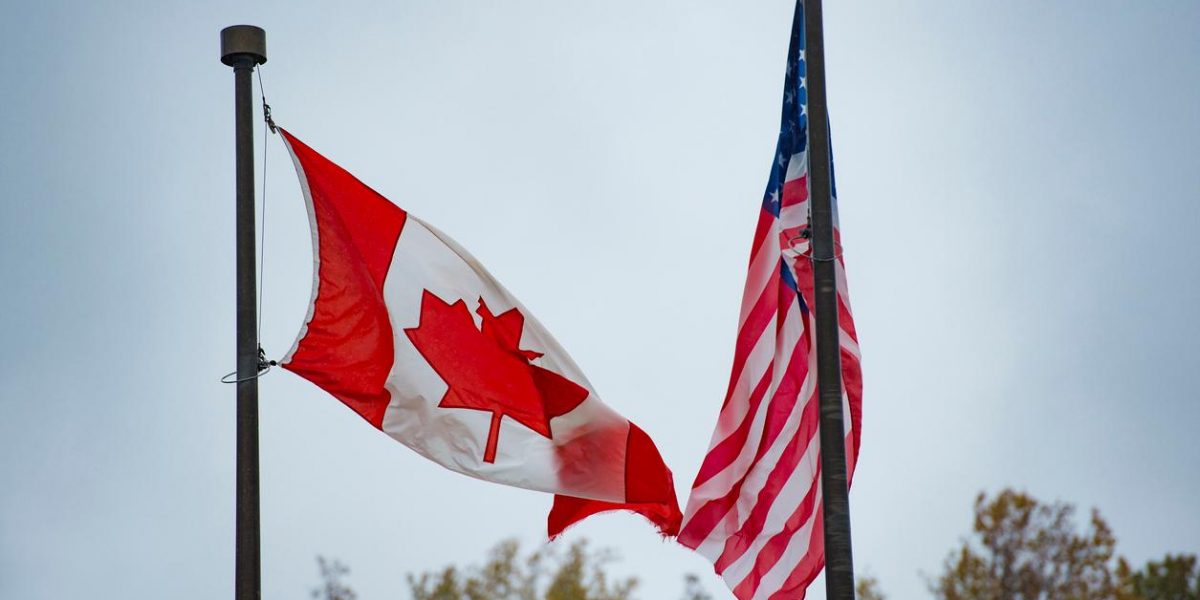Recently the federal government restricted academics from collaborating with Chinese counterparts who have ties to their country’s military. Yet Canadian universities advertise US military grants.
At the end of January the Globe and Mail published two front-page stories about Canadian academics collaborating with scientists that have ties to China’s National University of Defence Technology (NUDT). Reportedly, most Canadian universities have conducted research with scientists connected to NUDT since the mid 2000s and over the past five years 10 leading Canadian universities have published 240 joint papers with scientists that have ties to the Chinese military. The information came from Strider Technologies, a Salt Lake City based firm full of former Central Intelligence Agency (CIA) officials, including assistant director John Mullen.
In response to the media pressure, the Justin Trudeau government recently instructed the Canada Foundation for Innovation and federal research granting councils (Social Sciences and Humanities Research Council of Canada, Canadian Institutes of Health Research, etc.) to screen funding requests from Canadian universities collaborating with China.
As a general rule, I support efforts to demilitarize academia. But this isn’t that. Many Canadian academics receive funding directly from the US Department of Defense, and many more collaborate with US scientists linked to their country’s military.
Collaborating with the US military
In the summer Dalhousie University posted: “Representatives from the US Army Research Office (ARO) and International Technology Center will be visiting Dalhousie on July 26 to speak with researchers about the US ARO, its funding programs and potential research collaborations.” More recently, the Halifax-based university posted a message about “Pre-announcements for the Department of Defense (DOD) programs managed by the Congressionally Directed Medical Research Programs.” McGill, University of British Columbia and other Canadian universities promote US Department of Defense research contracts.
Canadian academics and universities have received tens of millions of dollars from different arms of the US military. A Ploughshares Monitor investigation in the 1980s concluded that Canadian universities received $825,000 ($2 million in today’s dollars) per year on average from the US military.
During the US war in Indochina the issue became controversial on many campuses. In a study published by the Canadian University Press Service, Ian Wiseman wrote that “every university in Canada received money from the US Defense complex.”
Among the more controversial US Department of Defense funded projects at a Canadian university, McGill researchers studied the use of ballistics/cannons — instead of rockets — to explore the earth’s upper atmosphere and launch satellites. The High Altitude Research Project (HARP) used a very large gun to fire the models to high speeds and altitudes. Based in Barbados, HARP operated in conjunction with the United States Ballistic Research Laboratory.
There’s also been significant collaboration on chemical and biological weapons, as I detail in Stand on Guard for Whom? A People’s History of the Canadian Military. Researchers at Queen’s University were particular involved in assisting the US develop biological weapons.
To demilitarize academia, start with the US
Canadian researchers have directly contributed to US military power. But it’s not considered controversial despite the US having the most violent and imperialistic armed force in the world. The US has 1,000 international bases and special forces deployed in 149 countries. Between 2001 and 2020 US and allied air forces dropped more than 337,000 bombs and missiles on other nations.
In a place few know they are even fighting, the US has bombed Somalia hundreds of times. A January strike killed at least seven civilians. The Chinese military, on the other hand, has one international base and hasn’t bombed anyone in decades.
According to what moral code should academics be banned from collaborating with Chinese counterparts who have ties to their country’s military while Canadian university promote contracts with the US military?
Did you like this article? Help us produce more like it by donating $1, $2, or $5. Donate

